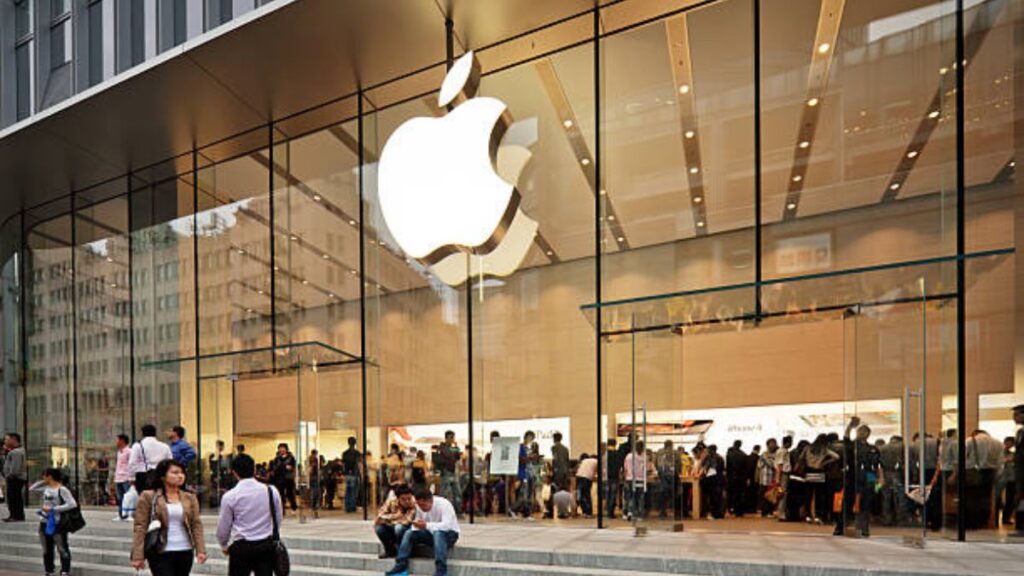Just as El Salvador has increased its Bitcoin balance following the crypto crash, the International Monetary Fund has also warned the country of the risks associated with its pro-Bitcoin approach.
The International Monetary Fund has “urged” El Salvador to abolish the legal status of Bitcoin and highlighted the need for “tight control and oversight” of its new Chivo and Bitcoin e-wallet.
In concluding its 2021 Article IV consultation with El Salvador, the IMF noted that the adoption of cryptocurrency as a formal tender poses “significant risks” to the country’s economy.
These risks have been identified as specific “financial and market integrity, financial stability, and consumer protection.” The adoption of cryptocurrencies could also bring debt to the country in the future, the IMF warned.


The test follows El Salvador’s move in September 2021 to accept Bitcoin as an official tender. Since then, the country has collected at least 1,801 bitcoins according to Bloomberg statistics.
Last week, El Salvadoran President Nayib Bukele announced on Twitter that the country had purchased 410 Bitcoin for $ 15 million. “Some guys sell for really cheap,” Bukela wrote in a tweet about the purchase.
El Salvador’s acquisition followed a major cryptocurrency price crash that made Bitcoin trade almost half the highest price in November 2021.
That is why the President of Salvador sees it as a good deal. If or when cryptocurrencies get their market value in the future, this investment will pay off in a big way in El Salvador.
However, the very crash that makes it so good is a big warning of what the IMF has tested.
It is easy to see how the global financial watchdog is right in revealing that cryptocurrencies are volatile, and such a market crash could quickly undermine the crypto-based regional economy. So share some steps to reduce that in your report.
While acknowledging the importance of “improving investment” with e-wallets such as Chivo, the IMF has called for tight space control.
In its report, the IMF called on El Salvador to “reduce the scope of Bitcoin law by removing the legal tender status of Bitcoin.”
This means that the board proposes that it should not be used as a legitimate currency for financial obligations such as debt repayment, tax payments, contracts, or legal penalties.
In addition, some Executive Board Directors also highlighted the risks associated with the issuance of Bitcoin-backed bonds.
This is another area of spending secret money that Bukele brought to spend on the country. The country has already planned the first Bitcoin city in the world, which will be supported by these Bitcoin bonds.
Announcing his plans in November last year, Bukele mentioned that the VAT collected by the city would be used in half (half) to fund these bonds issued to build the city.
The other part of the tax collected will pay for services such as garbage collection. Bukela estimated the total cost of public infrastructure in the city to about 3,00,000 Bitcoins.
It remains to be seen whether El Salvador’s Bitcoin adoption pays off in a big way.
To date, profits from its Bitcoin acquisition have allowed El Salvador to organize 20 ‘Bitcoin Schools’ and other such projects.
If this continues, the country will be a global model and Bukele will be true to his prediction of a game that ends with fiat money.
ALSO SEE: Xiaomi MIUI 13 with Android 12 released for beta testers on Redmi Note 10 phones, Mi 11 Lite



